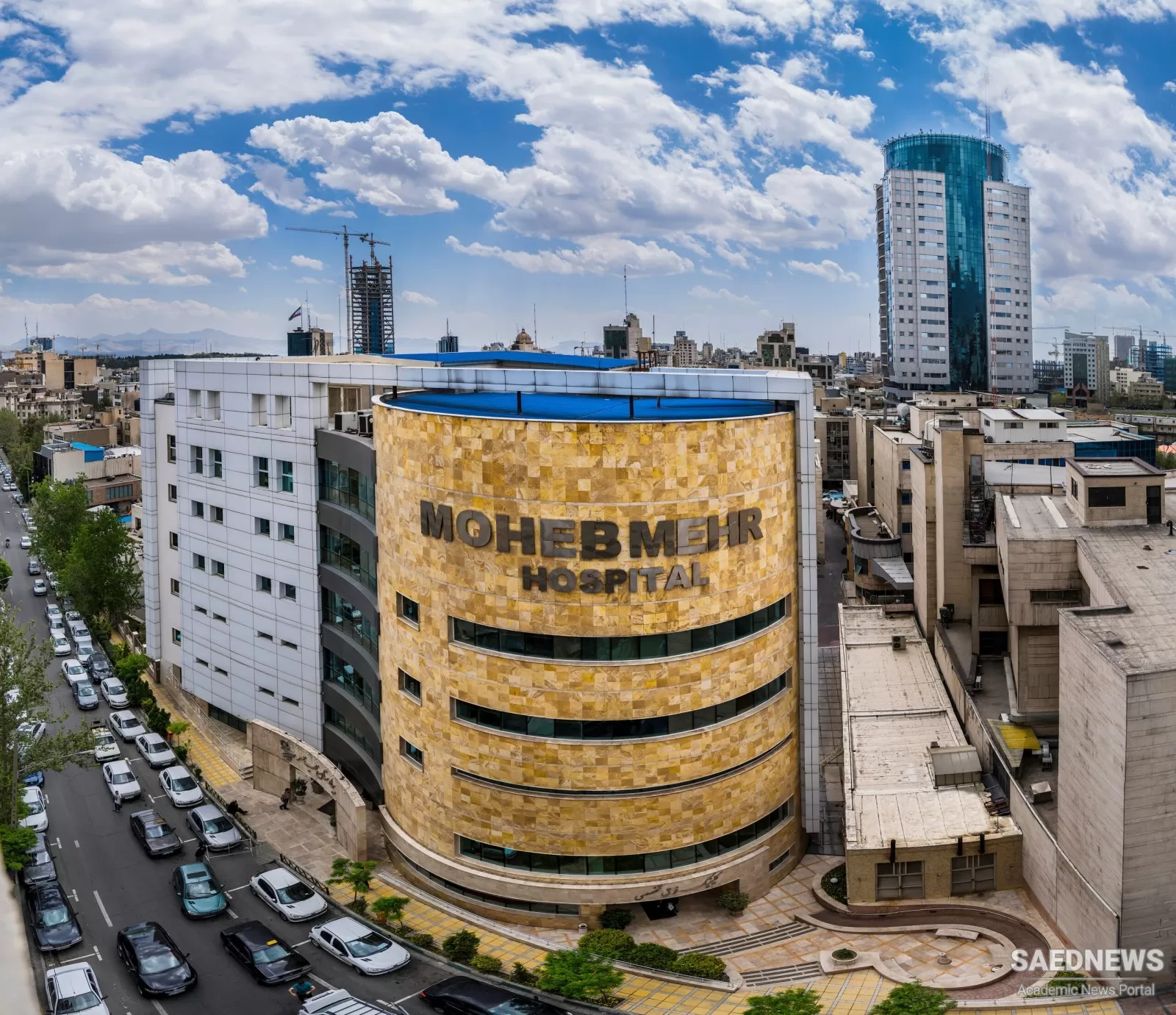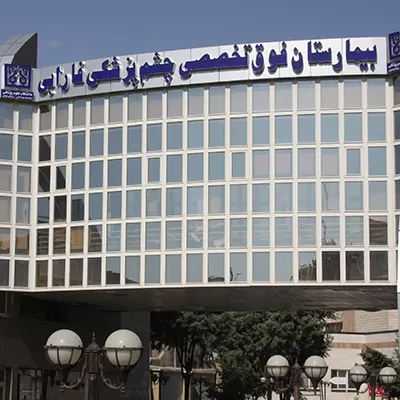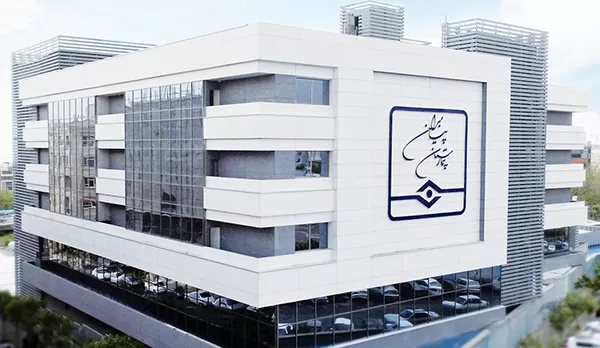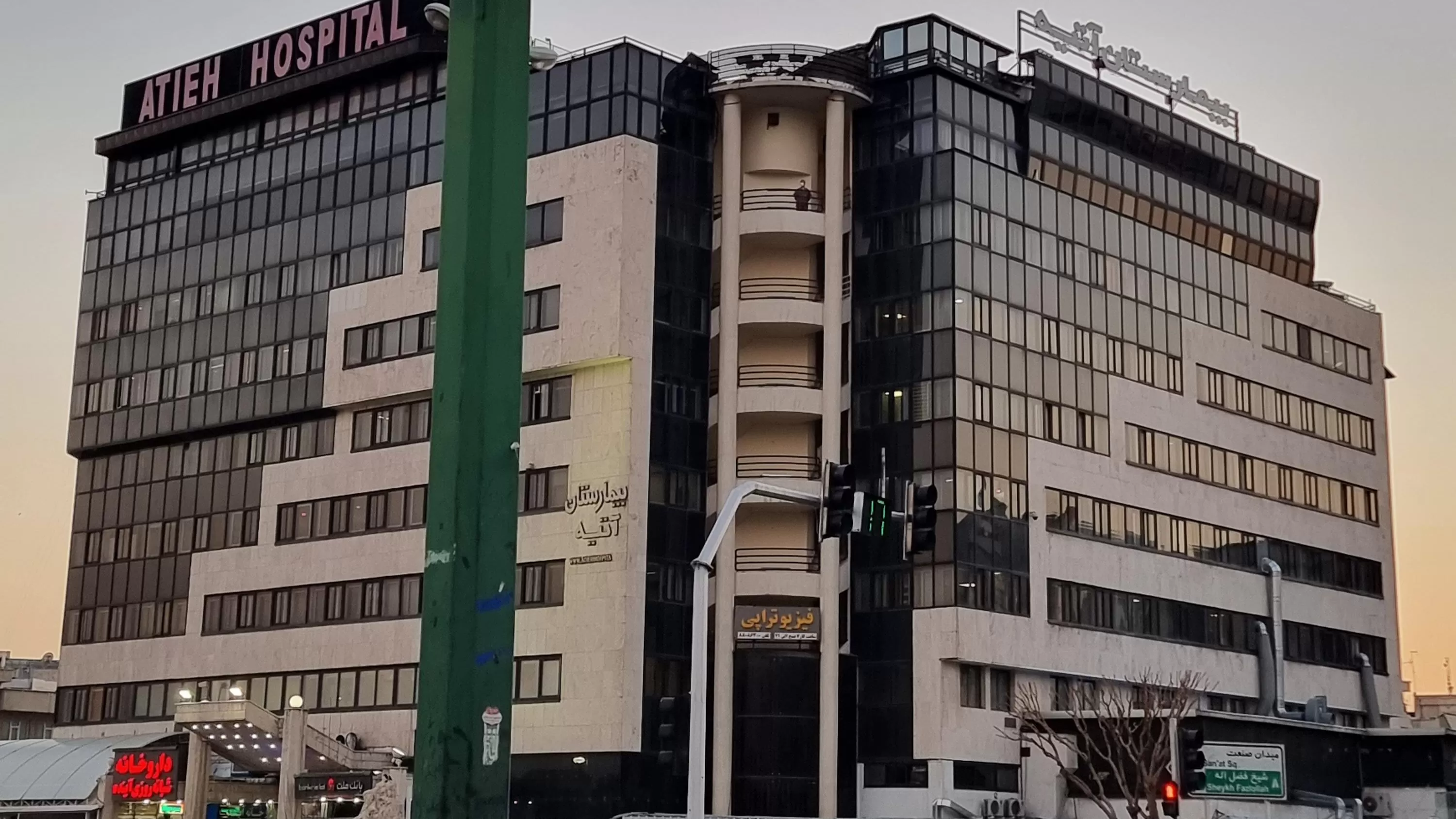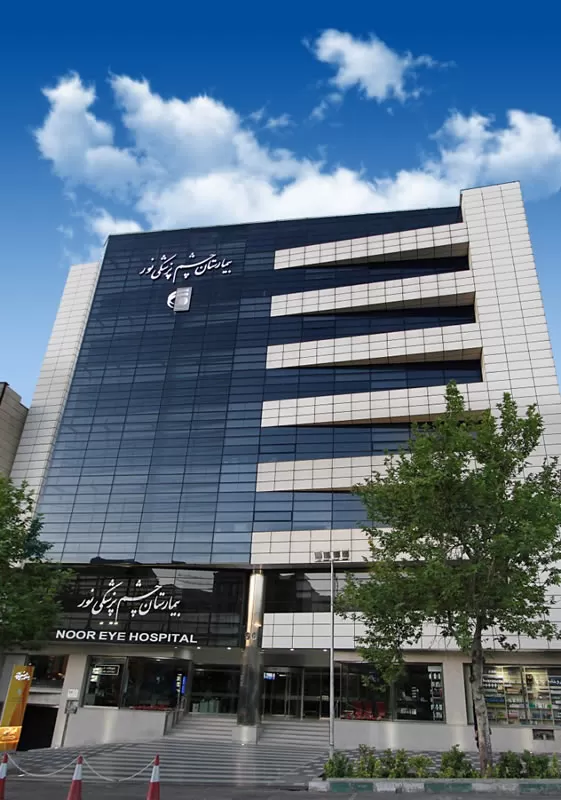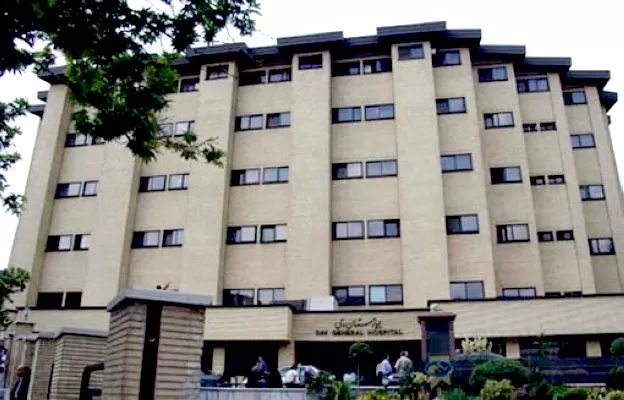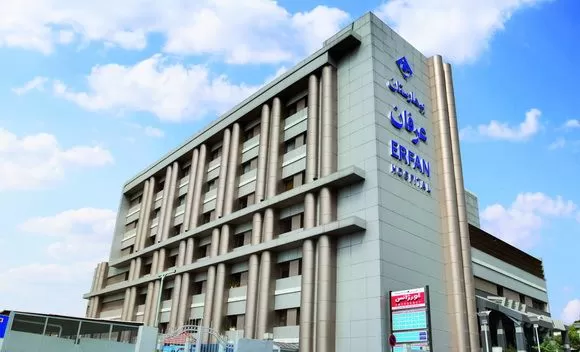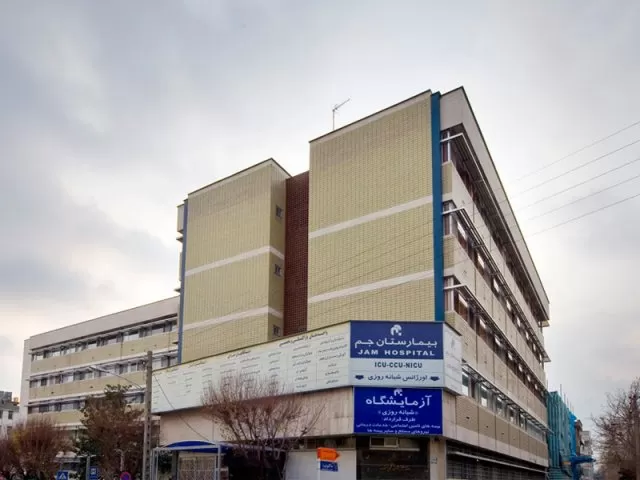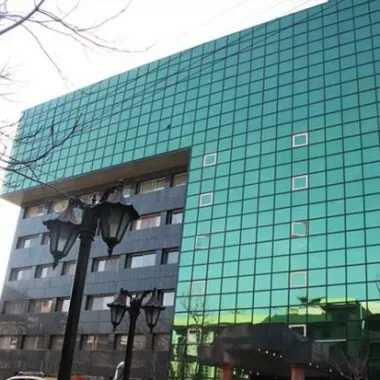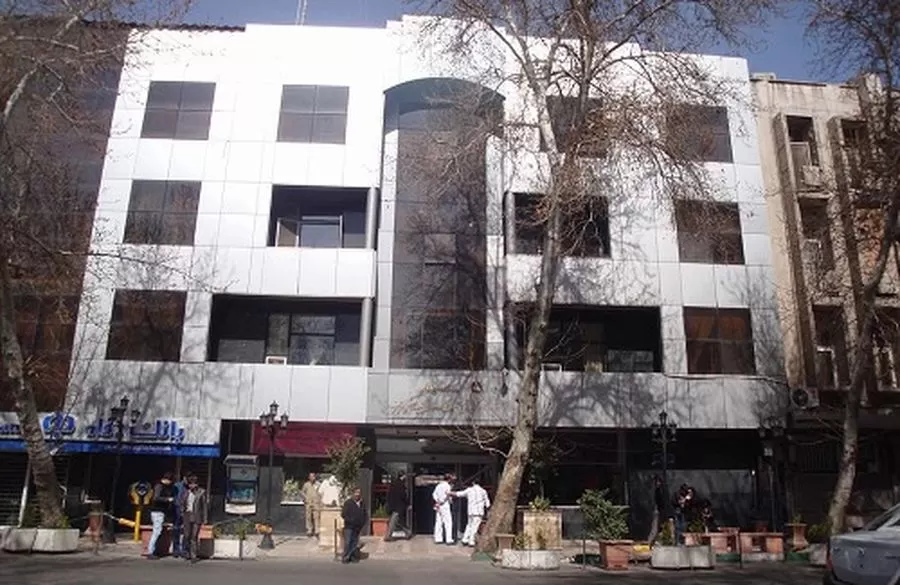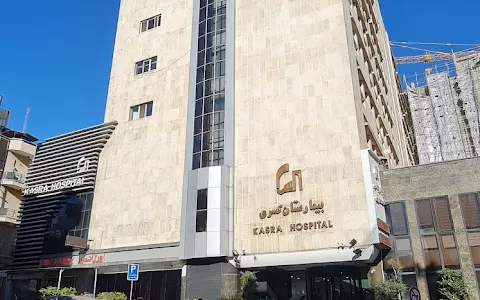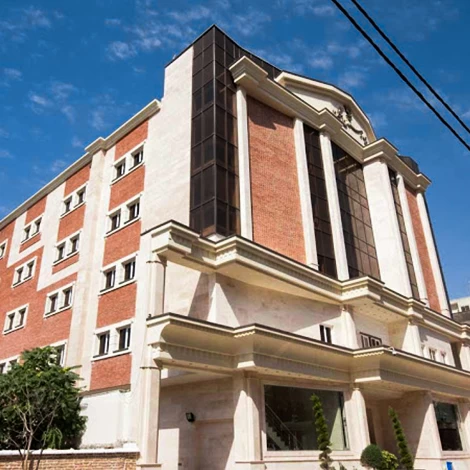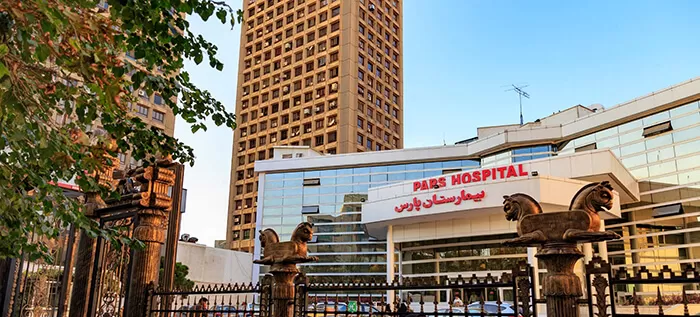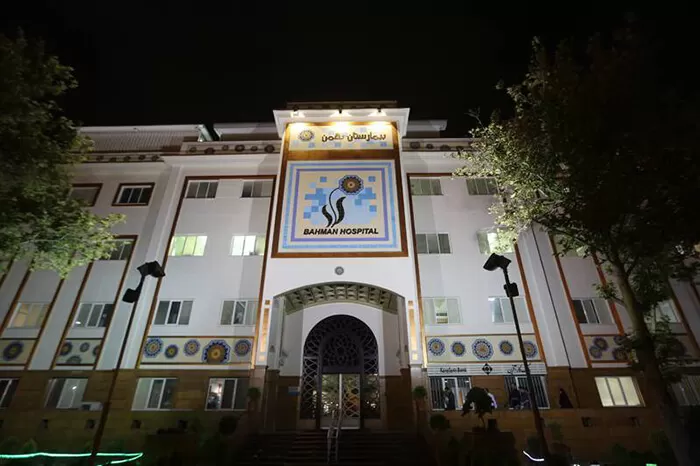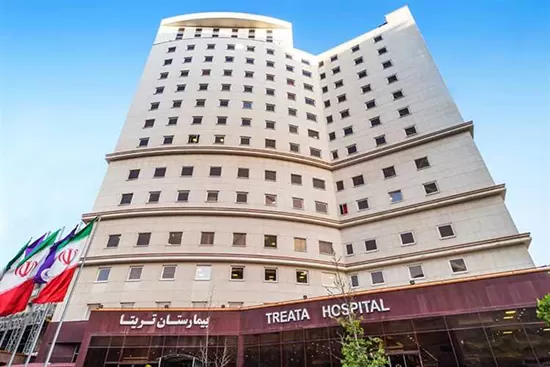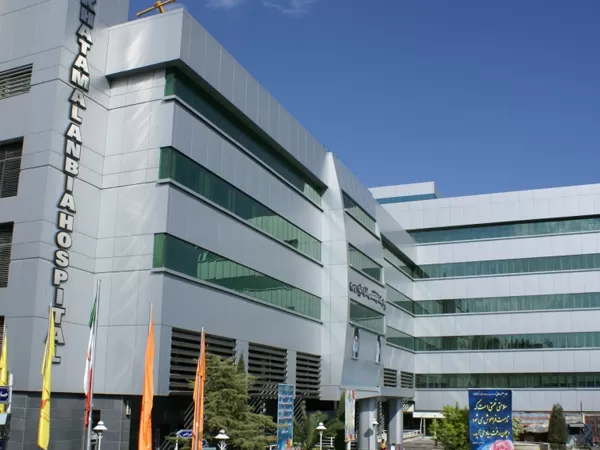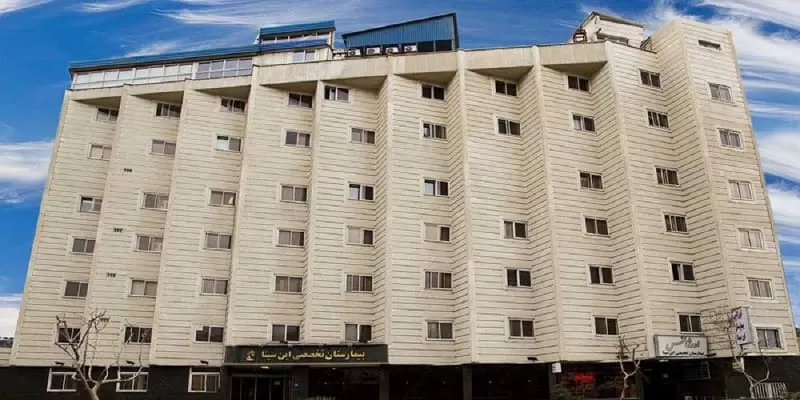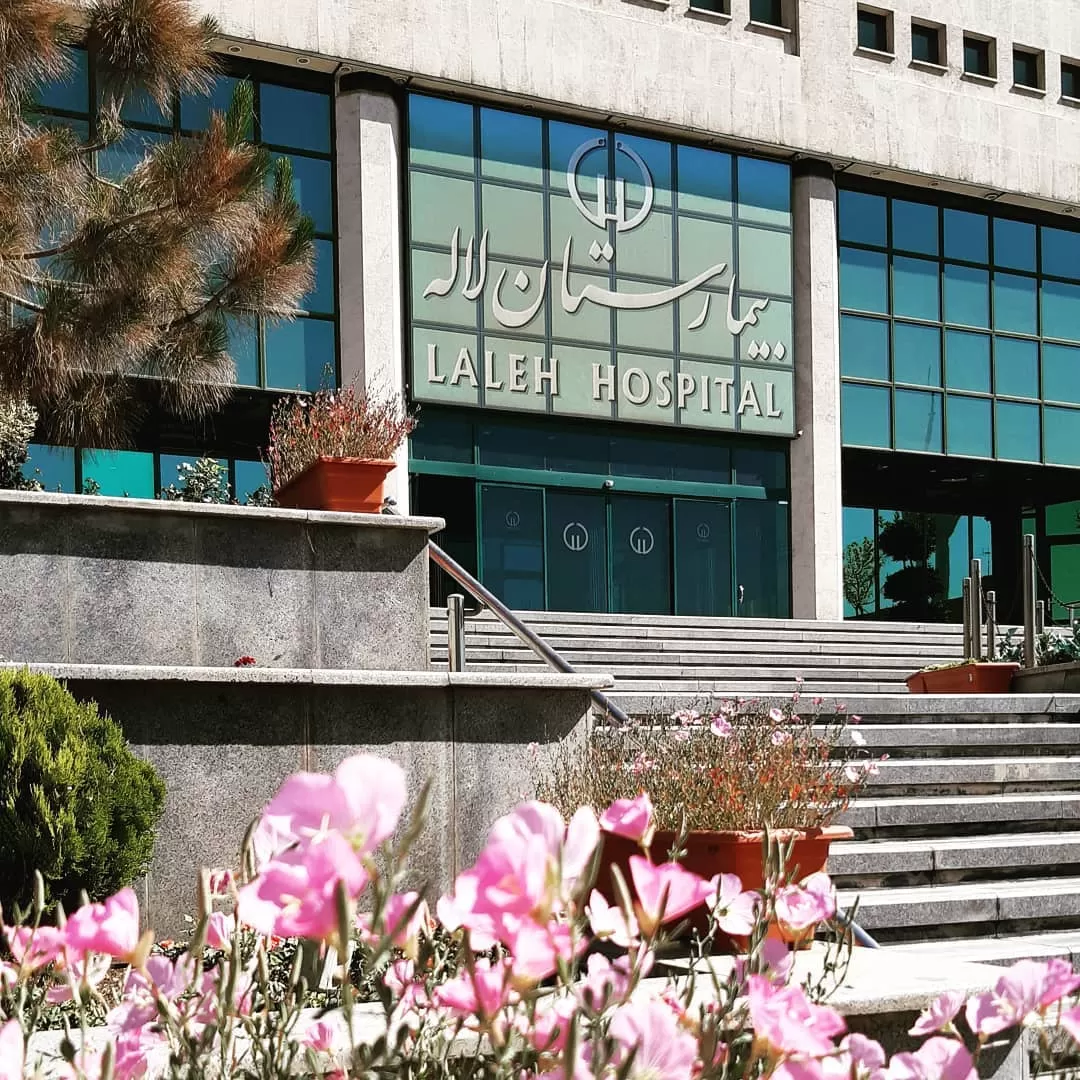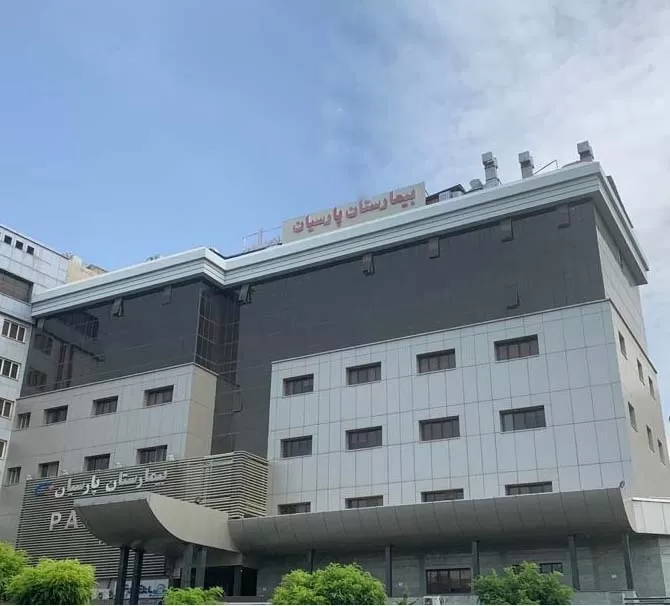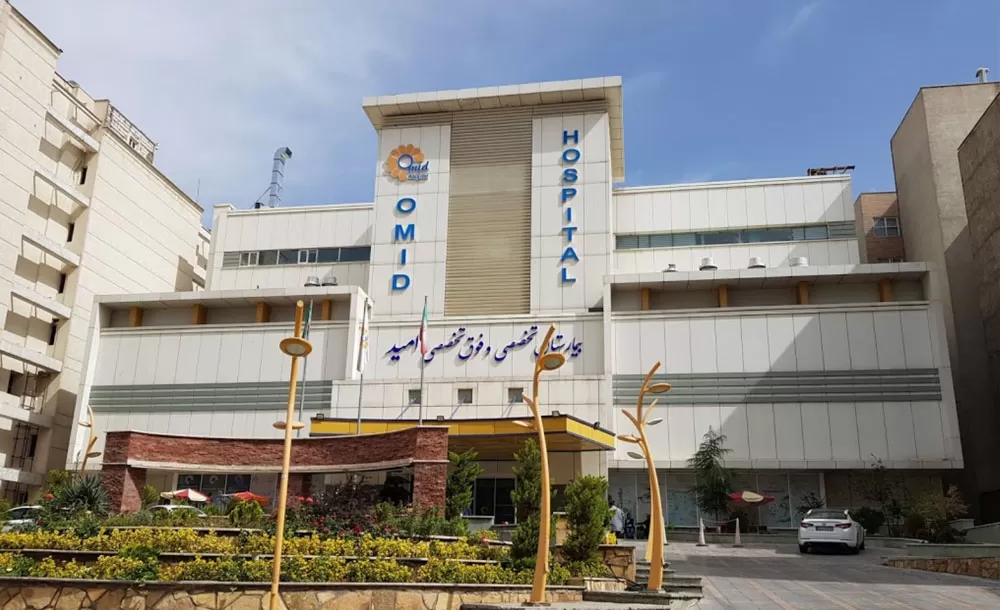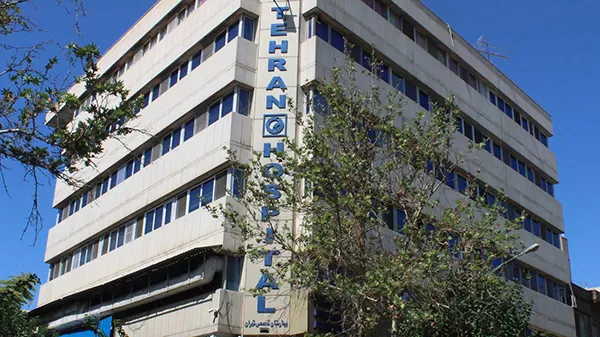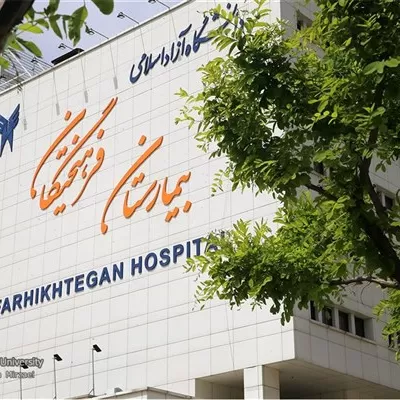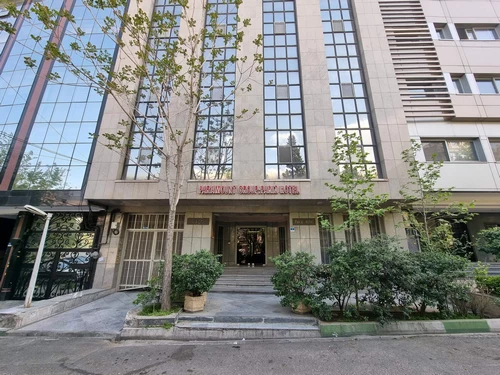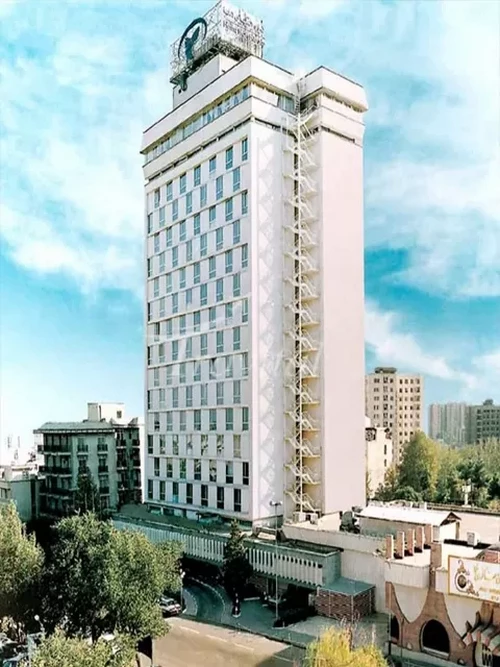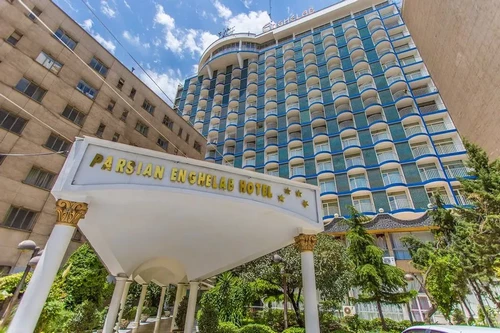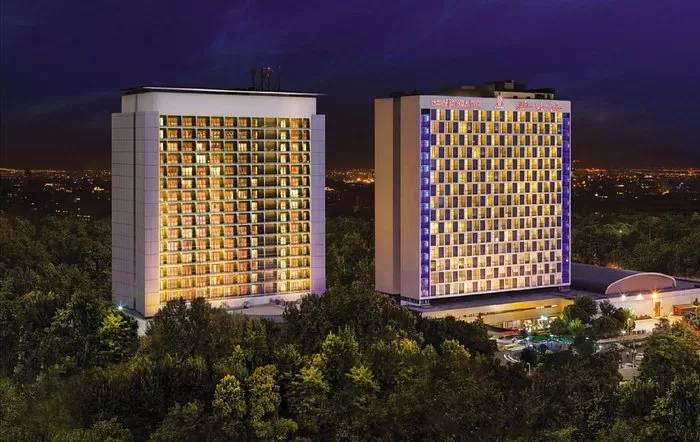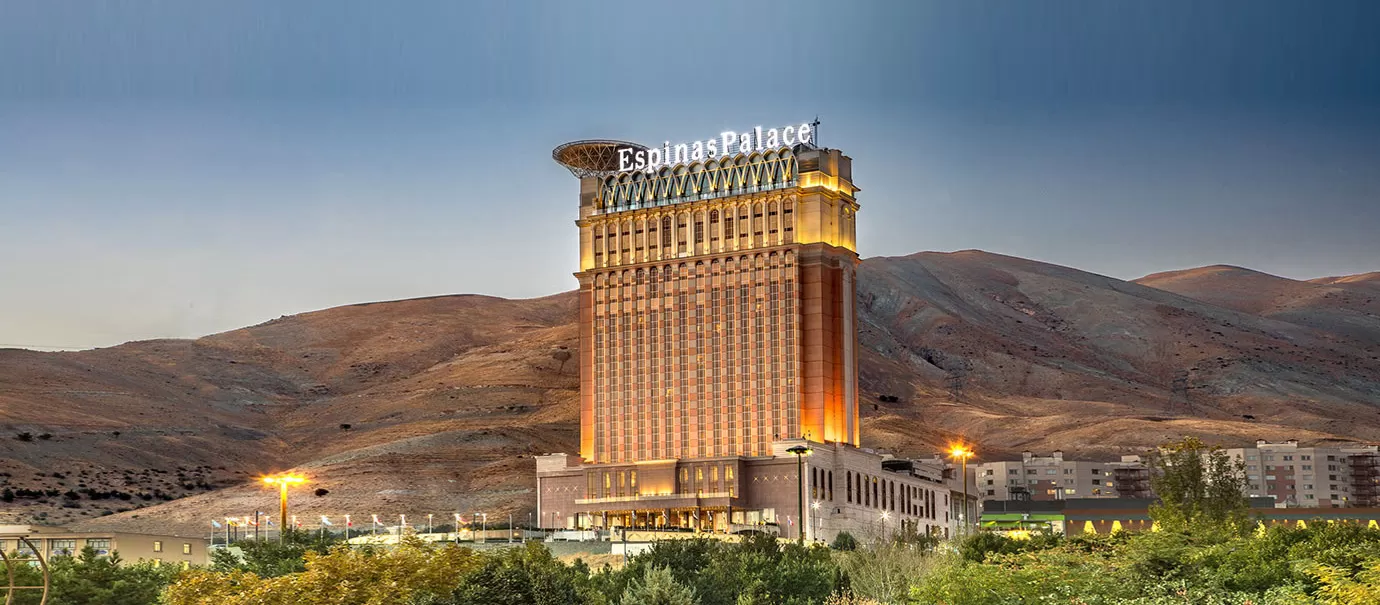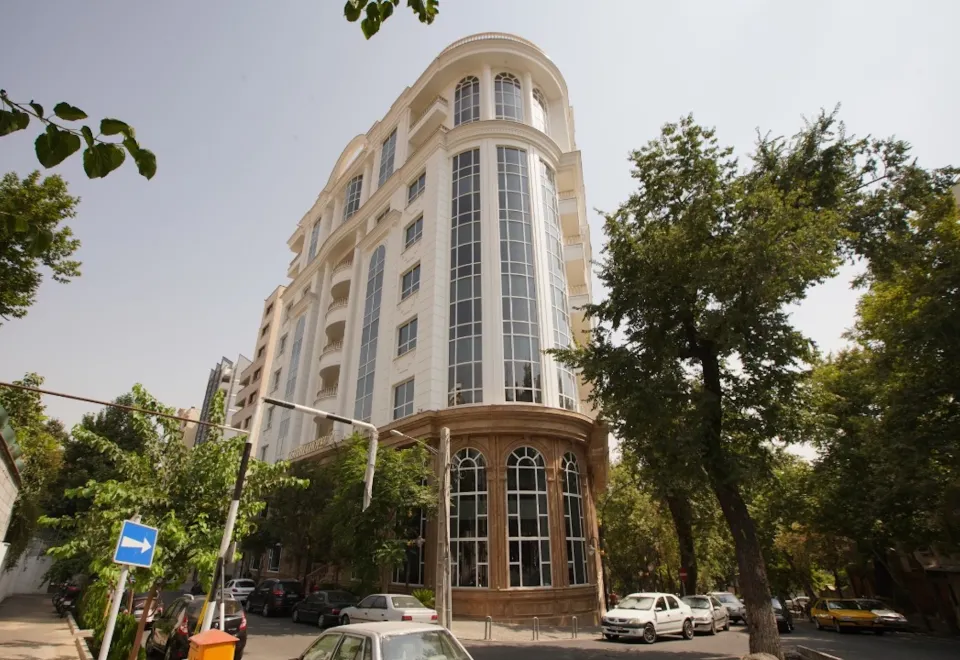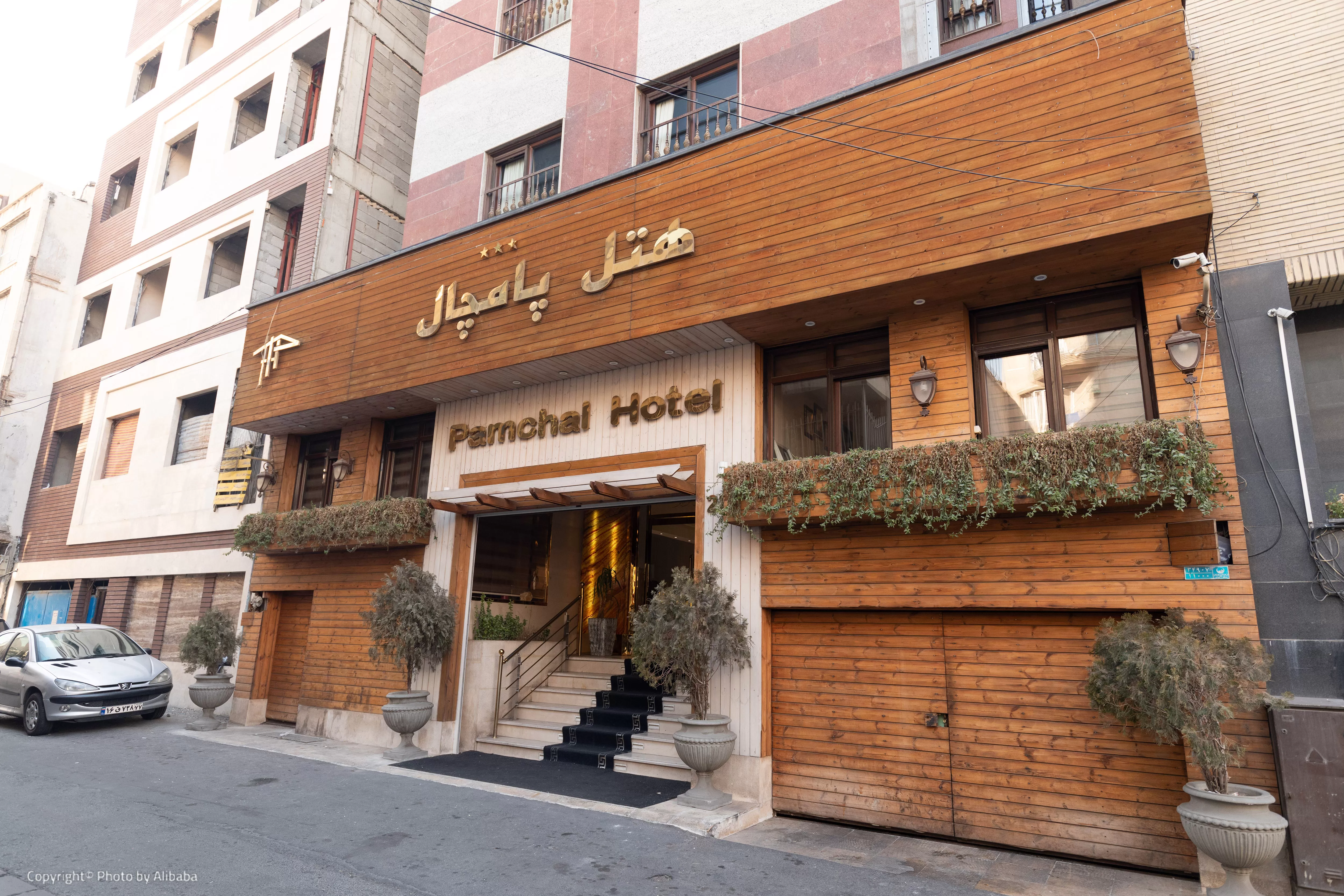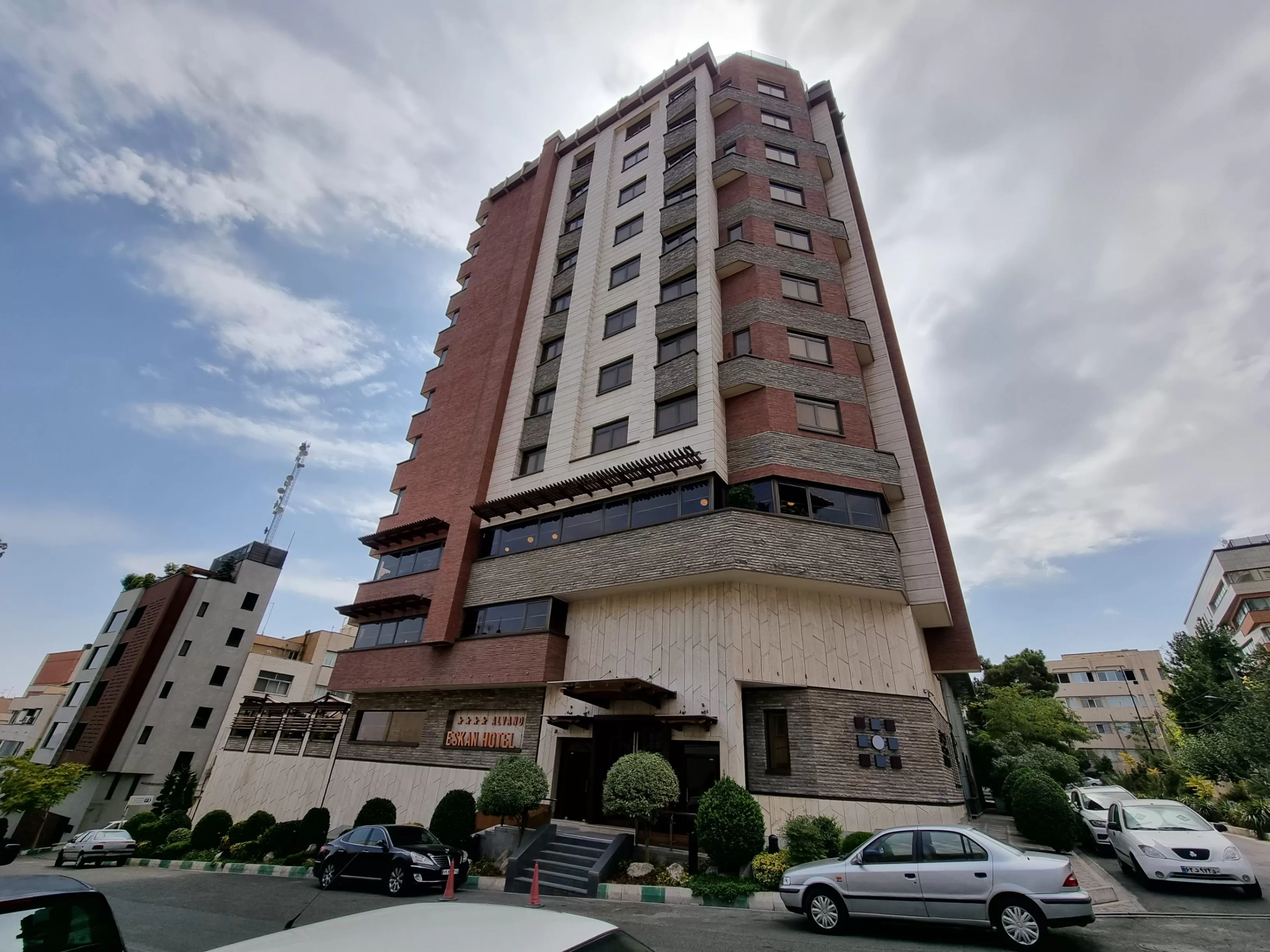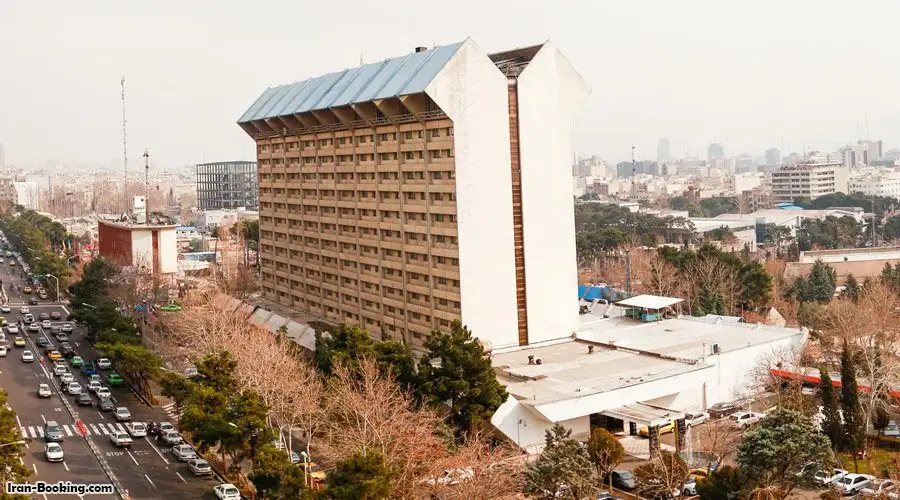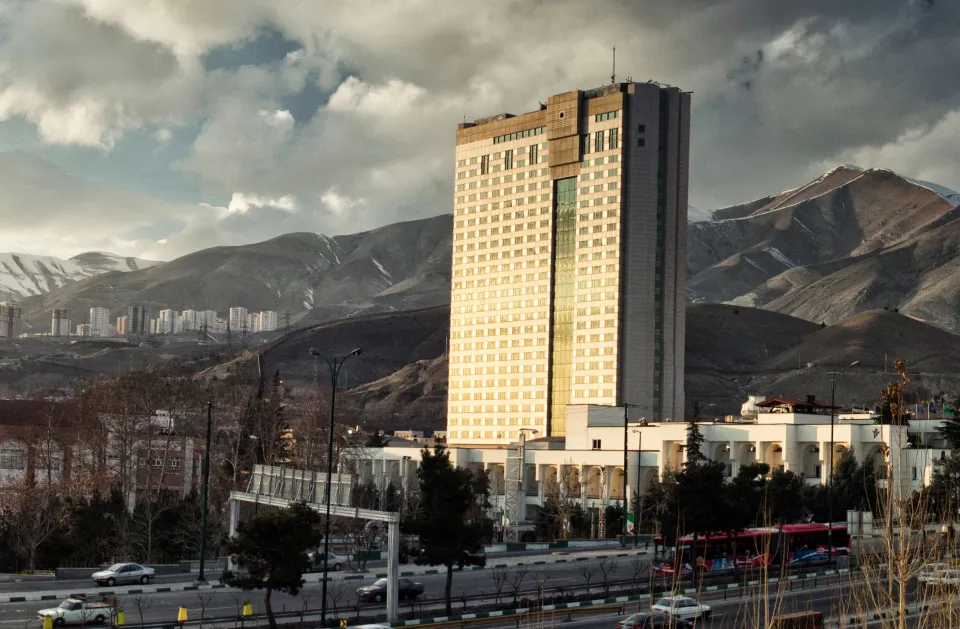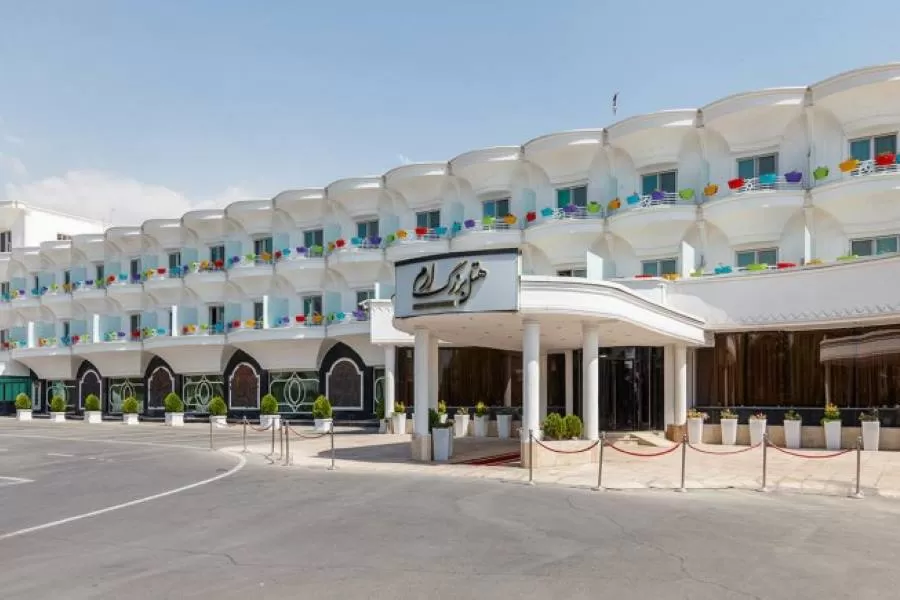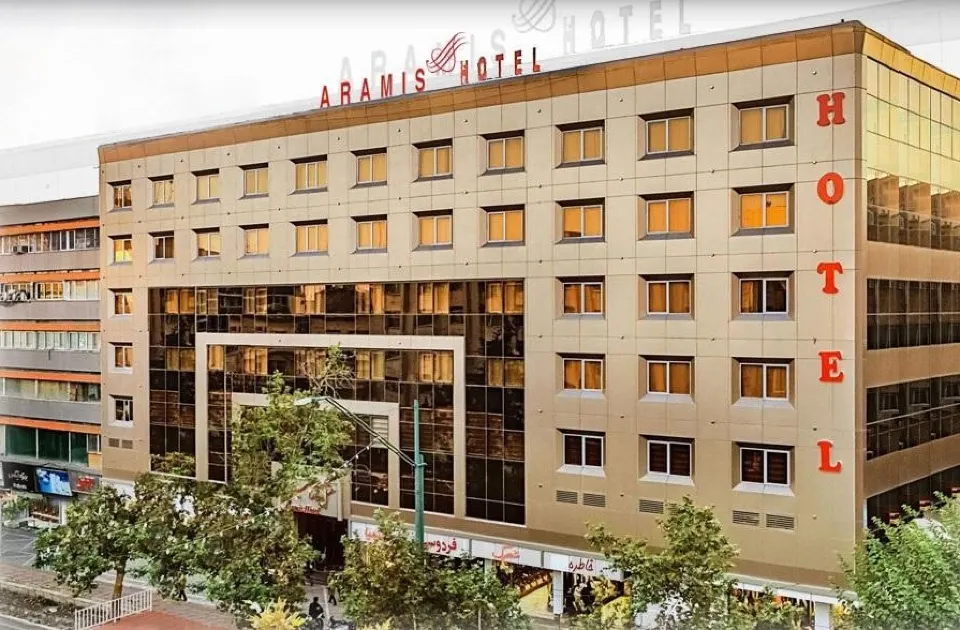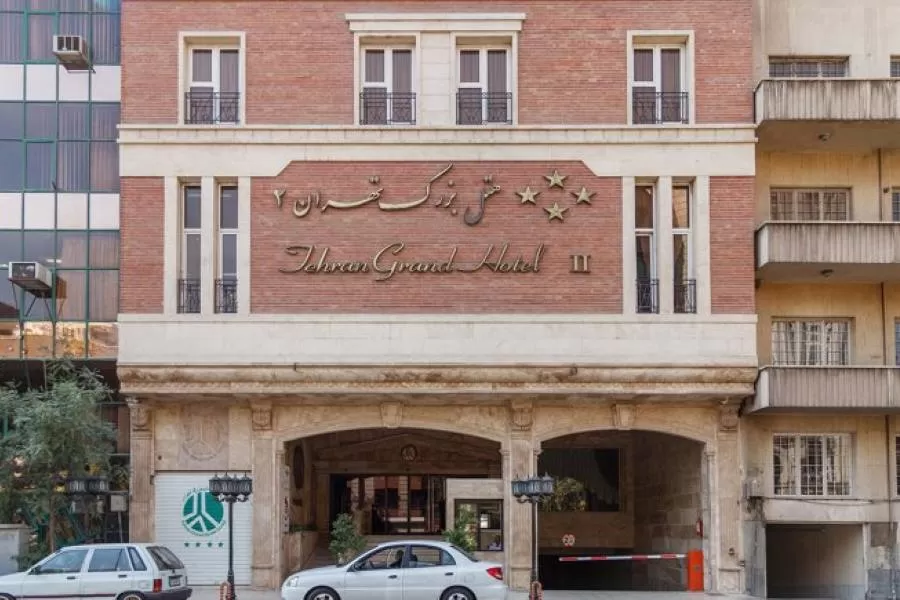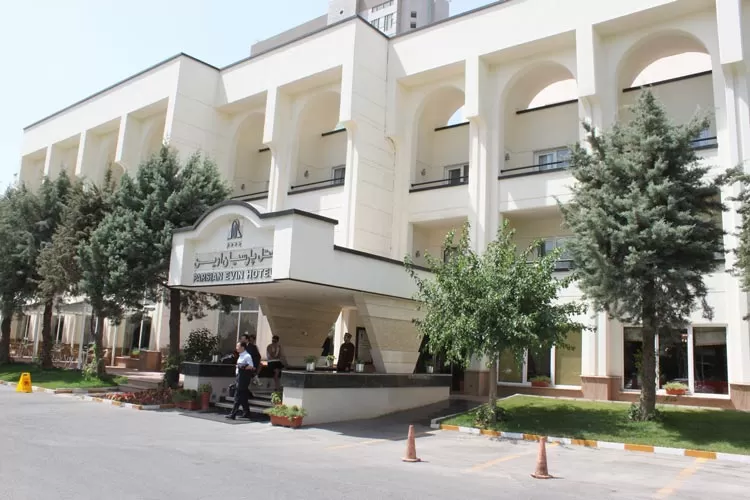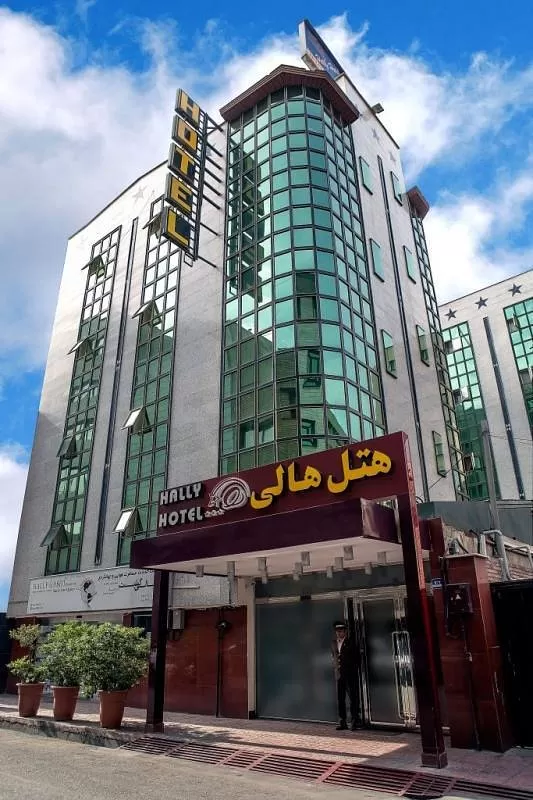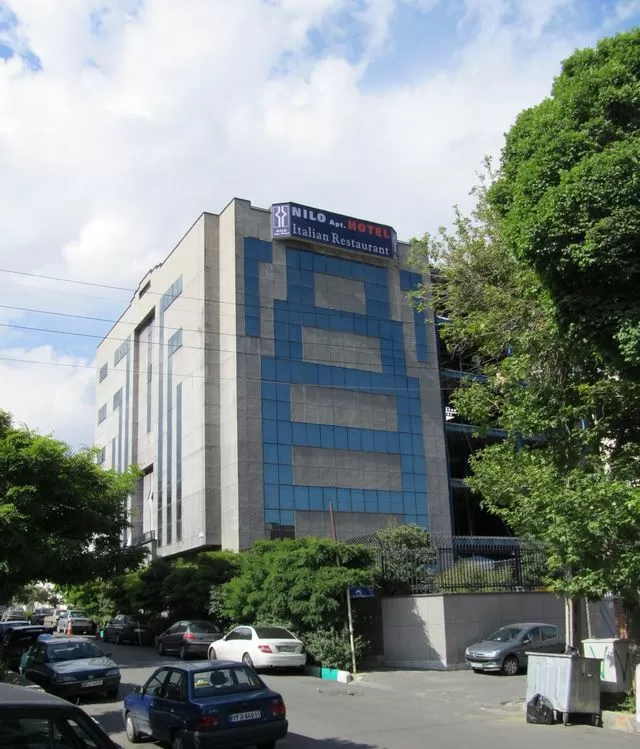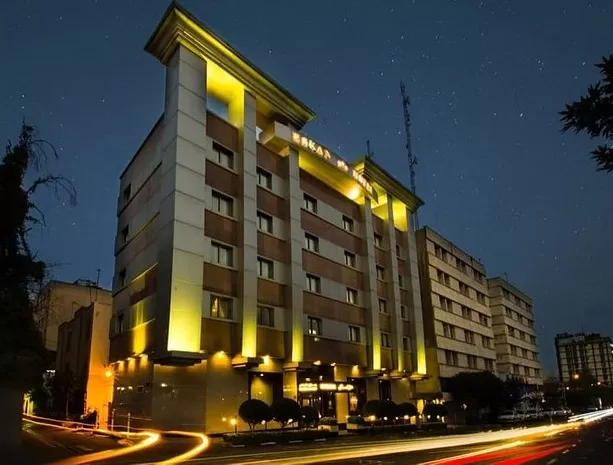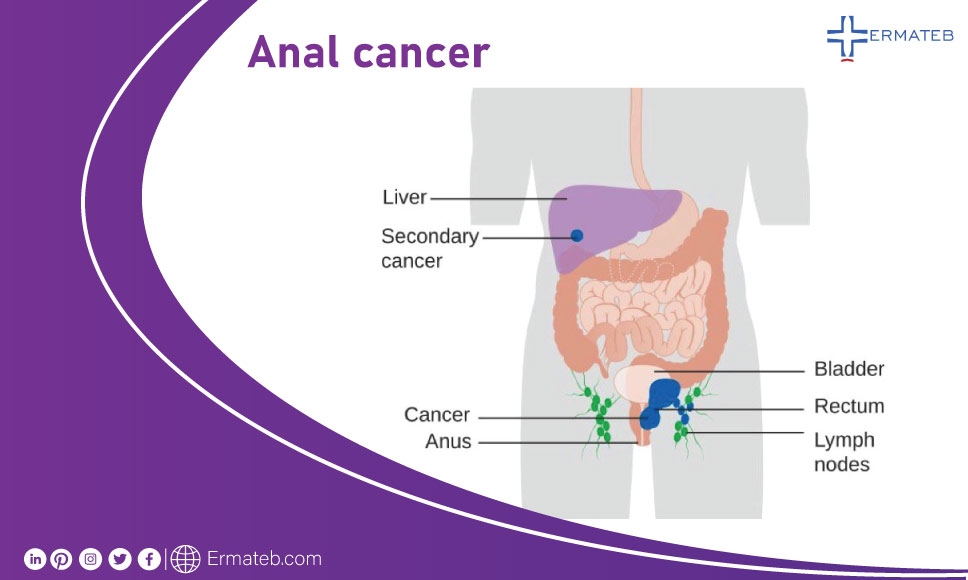Anal cancer is not a common type of cancer that forms in the anal canal. The anal canal is a short tube located at the end of the rectum through which stool leaves the body. Anal cancer may cause various signs and symptoms like rectal bleeding and anal pain. Most patients with anal cancer are treated with a combination therapy mixture of chemotherapy and radiation. Though combining anal cancer treatments increases the possibility of a complete cure, combined treatments also increase the risk of side effects.
Symptoms of anal cancer
Anal cancer signs and symptoms are:
1. Bleeding from the anus or rectum
2. Pain in the area of the anus
3. A mass or growth in the anal canal
4. Anal itching
Causes of anal cancer
Anal cancer occurs when a genetic mutation turns normal cells into abnormal cancerous cells. Healthy cells grow and multiply at a set rate, eventually dying at a managed time. Abnormal cells grow and multiply out of control of the cell monitoring, and they don't die. The accumulating abnormal cells form a mass (tumor). Cancer cells infest nearby tissues and can disunite from an initial tumor to spread elsewhere in the body (metastasize). Anal cancer is very connected to a sexually transmitted infection called human papillomavirus (HPV). Testimony of HPV is detected in the majority of anal cancers. HPV is now known as the most possible cause of anal cancers.
Risk factors of anal cancer
Various factors have been detected to amplify the possibility of anal cancer, including:
1. Having many sexual partners. Patients who have many sexual partners over their lifetimes have a larger risk of anal cancer.
2. Anal sex. Patients who engage in receptive anal sex have an enlarged possibility of anal cancer.
3. Smoking. the smoke of cigarettes may augment your risk of anal cancer.
4. History of cancer. Those who have had cervical, vulvar or vaginal cancer have an increased risk of anal cancer.
5.Human papillomavirus (HPV). HPV infection increases the possibility of several cancers, including anal cancer and cervical cancer. HPV infection is a sexually transmitted infection that will also cause genital warts.
6. Drugs or conditions that suppress your immune system. People who take drugs to suppress their immune systems known as immunosuppressive drugs, including people who have received organ transplants, may have an increased risk of anal cancer. HIV — the virus that causes AIDS — suppresses the immune system and increases the risk of anal cancer.
7. Older age. Most cases of anal cancer occur in people age 50 and older. Routine screening should be done after fifty.
Prevention of anal cancer
There is no certain way to prevent anal cancer. To reduce your risk of anal cancer you should know the risks and then try to reduce them like:
1. Practice having safer sex. Practicing safe sex will help prevention against HPV and HIV, two sexually transmitted viruses that may increase your risk of anal cancer. If you choose to have anal sex, use latex condoms to prevent infections.
2. Get vaccinated against HPV. A vaccine to protect against HPV infection is available and called Gardasil. It's recommended for adolescents, including both boys and girls, but maybe given to adults, too. It is better to be younger than 26 years old for having the vaccination.
3. Stop smoking. Smoking increases your possibility of anal cancer. Don't start smoking. Stop if you currently smoke.
These are some of the necessary information about anal cancer that each person has to know. If you have read the article and find out that something is missing to be mentioned ask our professional experts in Ermateb's medical tourism group. You can also read about other types of cancers on the website. We'll be glad to be connected to you.


 Arabic
Arabic
 German
German
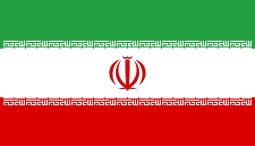 Persian (Farsi)
Persian (Farsi)
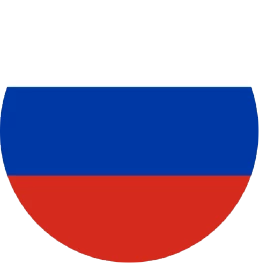 Russian
Russian
 Urdu
Urdu
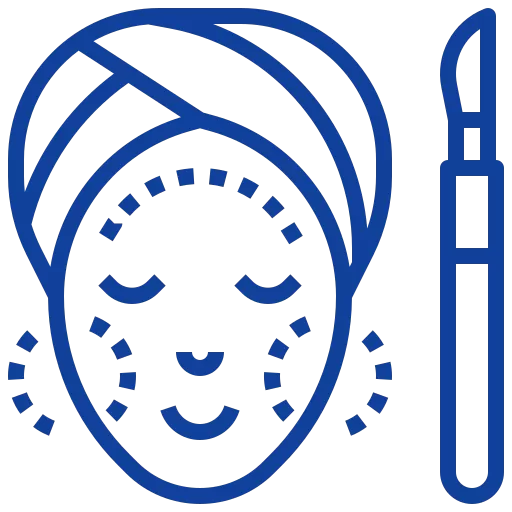 Beauty
Beauty
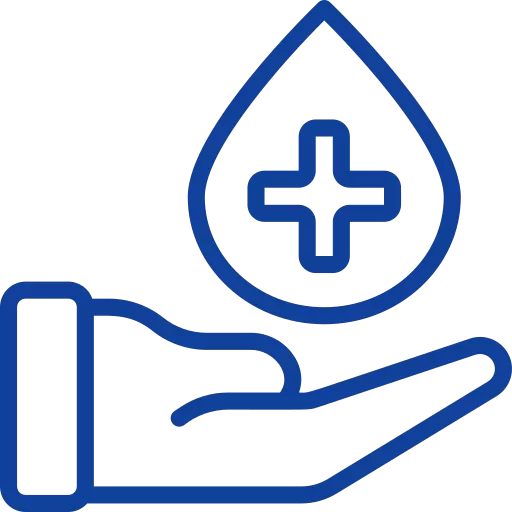 Medical
Medical
 Hotels
Hotels
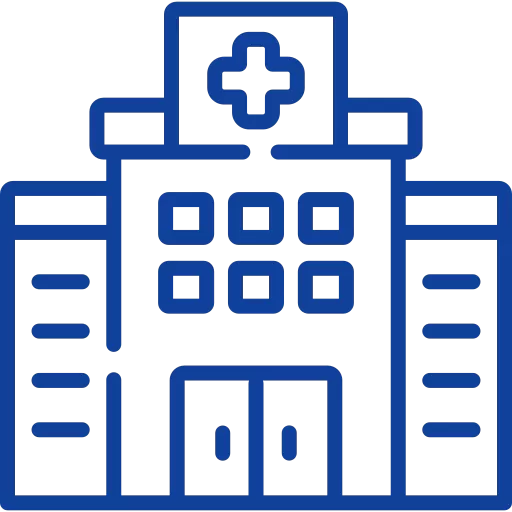 Hospitals
Hospitals

